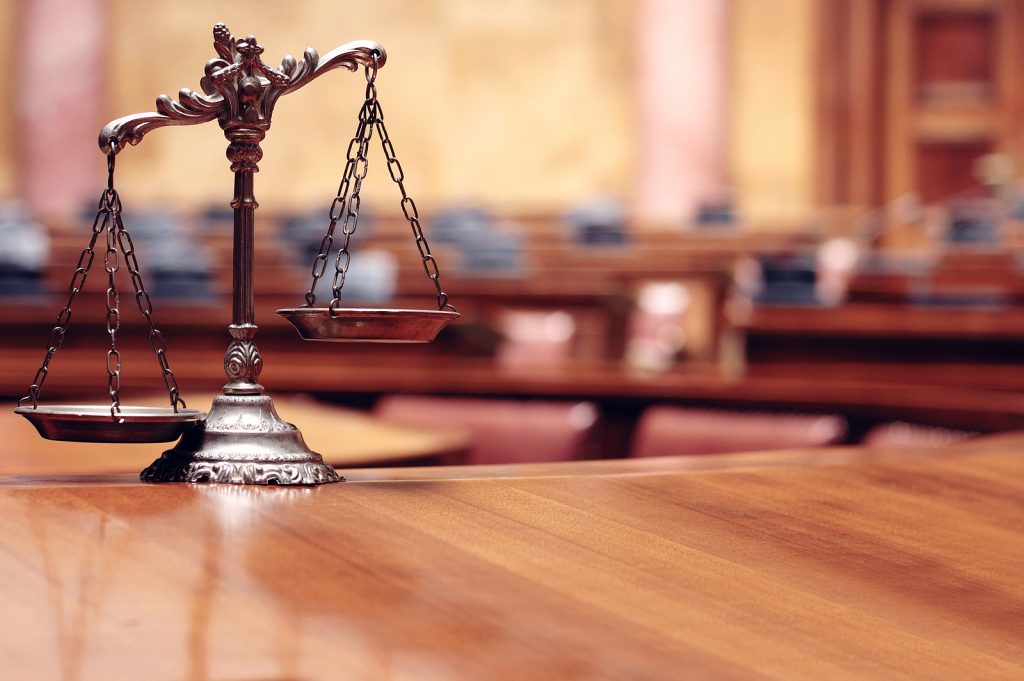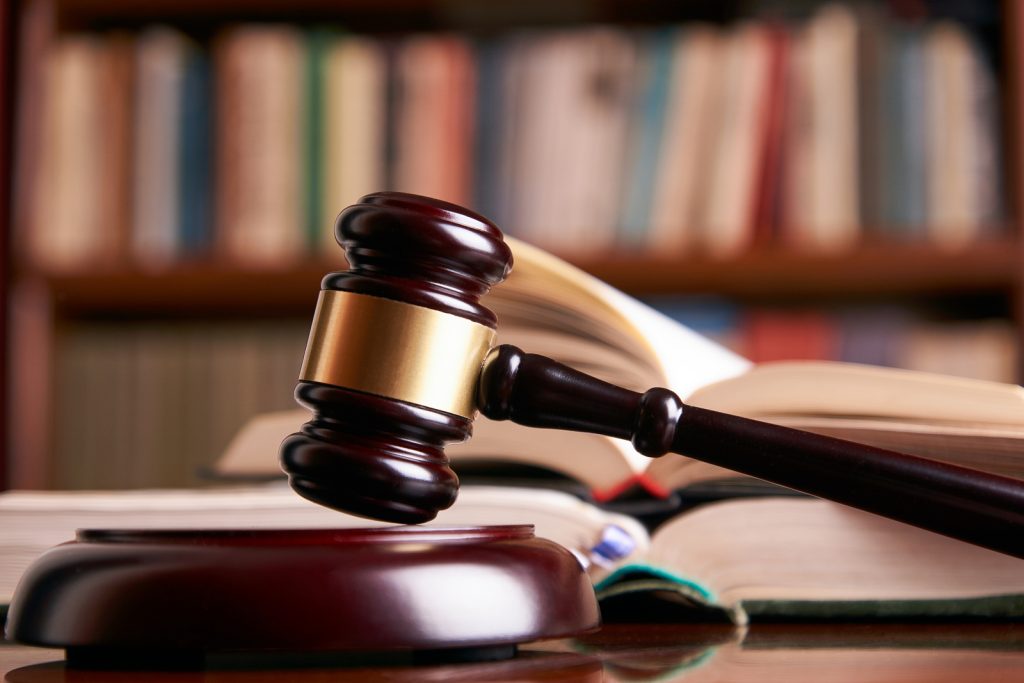When you’ve been injured in an accident, bills and expenses can add up quickly, and it can be frustrating to watch those bills pile up as you wait for your personal injury claim to go through.
At McKiggan Hebert, our car accident lawyer understand how frustrating that can be. That’s why we think it’s important to educate our clients about the process of filing a car accident claim in Nova Scotia, so they know what to expect and when they might encounter delays and so they understand when it is time to get ready for the next step in their personal injury claim.
Steps in a Car Accident Claim in Nova Scotia
Notify Defendant’s Insurance Company of the Claim
When you begin the process of filing a car accident claim in Nova Scotia, the first thing your personal injury lawyer will oversee is notifying the person responsible for your injuries (or their insurance company) that you are making a claim. Your lawyer will provide some basic information as to why you are making the claim.On occasion, the facts about the accident are clear enough that we are able to negotiate a reasonable settlement almost right away. However, most often, this is not the case. Initial offers from insurance companies rarely reflect fair compensation.
One of the things that can make this stage more complicated is the minor injury cap in Nova Scotia. Legally, if an injury is deemed to be minor, nonmonetary losses are capped at $7,500.This amount is adjusted for inflation every year.
File Your Lawsuit With the Court
In order for the courts to begin movement on your case, your car accident lawyer will file a document called a Notice of Action and Statement of Claim with the court. This document outlines the facts relevant to your case. The facts in the document should establish that:
- The other driver was at fault for the accident.
- You sustained injuries because of the accident.
- A description of your injuries.
- A statement declaring that your injuries resulted in non-pecuniary losses (what some people call “pain and suffering”) and/or financial loss (what lawyer call pecuniary losses).
- A description that reveals the nature and extent of your losses.
Exchange Documents
In a personal injury lawsuit, each side must all exchange documents they have in their possession or control that is relevant to the claim.
For example, the plaintiff normally will need to submit information such as medical records and work history information that supports a loss of income or statements from any witnesses they are aware of. The defendant will present police records, insurance records and any other evidence that was found during an investigation of the car accident.
Exchange Written Questions About the Accident (Interrogatories)
The plaintiff and defendant may exchange a series of written questions regarding the accident. These questions are referred to as Interrogatories. This step is designed to let each side know how the other views the accident
Discovery Examinations
In the discovery examinations, each side is questioned under oath about everything they know about the claimj. The questions and answers are recorded and a transcript of the evidence is prepared.
Your car accident lawyer will help prepare you and will be with you when you are questioned. Your lawyer will question the defendant about what evidence they have that is relevant to your car accident claim.
The experts that are involved in the case, including medical doctors and professionals who have analyzed the crash site, will provide written reports summarizing their findings. They may be questioned at discovery. Sometimes accident witnesses are included in the discovery process.
Defense Medical Examination
At times, the defendant in a car accident case will request that the plaintiff undergo an additional medical exam that is conducted by a doctor of the defendant’s choosing. This exam is different than a typical medical appointment, and your lawyer will need to prepare you before you go into that appointment.
Notice of Trial
A Notice of Trial is filed to let the court know you are ready to go to trial with your case. This allows the court to schedule your trial dates. Normally, this will take months but if you need a long trial sometimes getting a trial date can take more than a year.
Trial
While both sides wait for the day of the trial, additional efforts will be made to negotiate a settlement until the trial actually begins. If the case does go to trial, you will be able to choose whether you want your claim heard by a jury with a judge or only a judge sitting alone. This is a decision you will make in consultation with your car accident lawyer.
If you’ve been injured in an accident, it is important to get started on filing your claim as soon as possible. At McKiggan Hebert, we take every case seriously and will work with you every step of the way to make sure that you are as prepared as possible every step of the way.

Here is some helpful information about How to Find the Best Trial Lawyer for Your Case.










